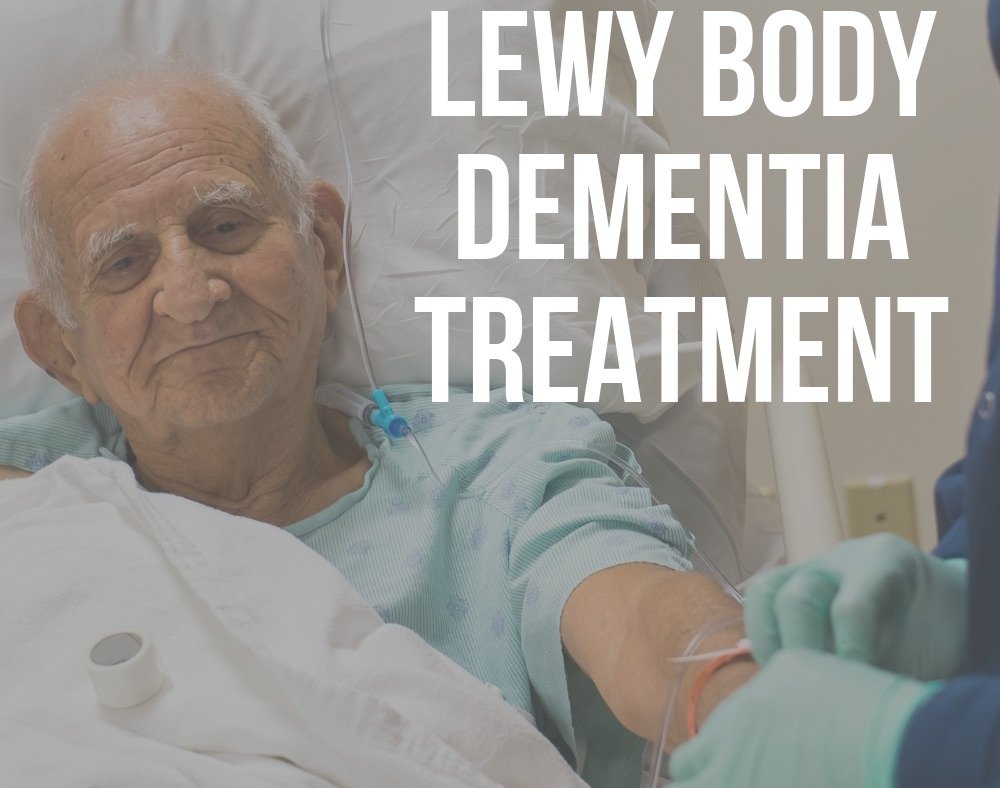One of the topics that have taken the healthcare industry by storm is virtual reality dementia therapy.
Experts suggest that VR (Virtual Reality) can help make the lives of people with dementia a lot easier.
Several studies have been conducted in regards to this. We will discuss some of the findings below to uncover how VR can help persons with dementia.
Contents
Virtual Reality Can Support Dementia Patients
Help with the Recollection of Past Memories

When it comes to virtual reality and dementia, multiple studies indicate that VR can help persons with dementia recall memories easily.
VR is no longer a tool for gaming, but it is also invaluable for people who experience loss of memory.
Virtual reality experiences can help persons retrieve long-lost memories through the incorporation of novel stimuli that are usually challenging to access because of declining poor health or limited environments.
For instance, seeing a water body can remind a person of a vacation they once took at the beach. This is not only good for the ill individuals but the caregivers as well.
When persons with dementia narrate about their past lives, it helps caregivers to learn more about them; thus, offer better care.
Remembering old memories serves as positive mental stimulation, which enhances mood.
Makes Aging in Place a Reality

A majority of persons with dementia end up losing their mobility, especially during the latter stages of the illness. This usually creates a sense of loneliness that can lead to other medical conditions like depression.
Today, however, weak individuals can benefit from assistive technology like VR to age in place, even in scenarios where they can longer walk or drive with ease.
Even though virtual reality cannot replace going somewhere, it helps to bring the ideal location close to a person offering a much-needed lifeline to the outside world.
Many people can use VR to reconnect with places that they thought they would never visit again because of their current condition.
For persons who live in senior homes, caregivers can create a group virtual reality experience where many persons with dementia visit one place at the same time.
This creates a fun bonding experience where group members can talk about the things they are doing or seeing.
This is one of the perks of virtual reality and dementia. Even when the exercise is over, participants are bound to remain excited and want to talk about this experience for a long time.
Ease Some Symptoms

Many people who have dementia often experience symptoms like extreme mood swings, agitation, and stress.
Medics have already jumped into the VR bandwagon to treat anxiety and pain. Something that makes virtual reality a good fit for addressing some of the symptoms that dementia patients experience.
VR is known to calm ill persons. In some cases, it can make uncommunicative persons speak again. This happens when suffering persons get into a virtual world where they experience several calming scenes.
These scenes, which can be anything from a beachfront or a flower garden, help to interpose repetitive behaviors. Meaning, the person with dementia can take advantage of non-drug approaches to reduce stress levels and improve moods.
Tribemix, one of the companies that offer virtual reality experiences for individuals with dementia, reports a 70% stress reduction rate.
Aids with Caregiver Interactions

When talking about virtual reality and dementia, it is also important to note that this technology also helps impaired persons through their caregivers and professional healthcare providers.
This is through building empathy where other people get to experience what it is like to live with the illness.
An example is The Dima Lab, a virtual reality experience that was developed by Embodied Labs.
Caregivers use this to experience different kinds of conditions related to dementia via protagonists with diverse backgrounds. This allows persons to go through a more active role to experience what people with the disease go through.
This mainly stimulates the physical and mental challenges that persons with the illness get without the use of sensory stimulation instructions and devices.
It seeks to create more empathy and understanding of what persons with dementia face to help improve their lives.
Closing Thoughts
Virtual reality offers tons of benefits for persons with dementia. It can help people recollect memories, improve relations with caregivers, reduce agitation and other dementia symptoms as well as travel to their favorite destinations without leaving their house, among many others.
VR is continually improving, aiming to produce 360-degree videos that may allow engineers to tailor-make the virtual reality experiences for greater satisfaction as well as enhanced quality of life.
Despite all this, more research still needs to be done when it comes to virtual reality and dementia. This is because it is not a proven aid that a doctor can prescribe.
Nonetheless, persons with dementia can still use VR cautiously over short periods to see if it will be of any help.







